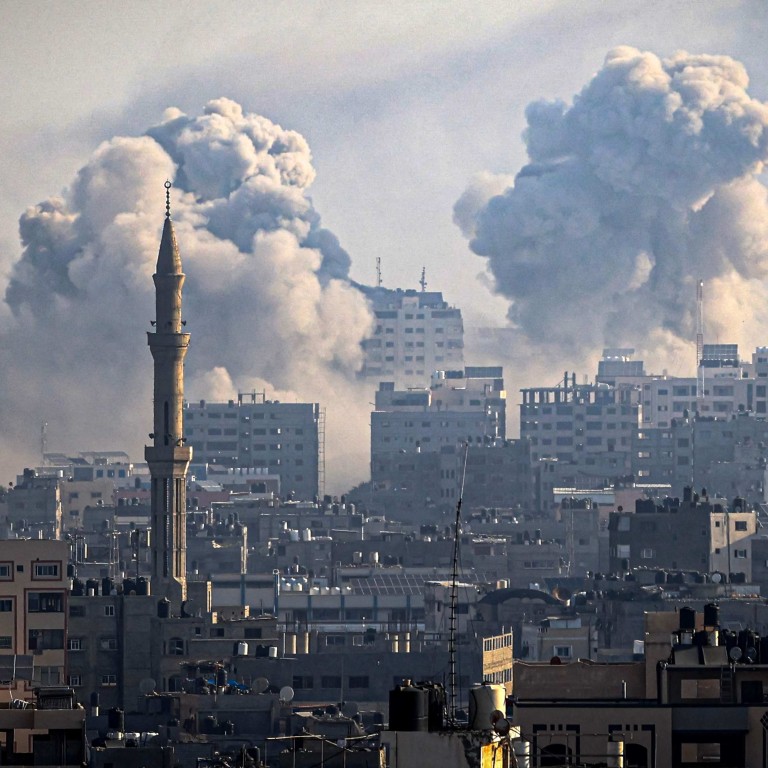
AnalysisIsrael-Hamas war: why Qatar, Egypt and Turkey are struggling to mediate the conflict
- Brokering a ceasefire appears all but impossible amid the escalating violence, as fears grow of a massive humanitarian crisis if Israel invades Gaza
- Observers say there’s room for ‘trustworthy’ mediators to lay the groundwork for de-escalation, but containing the crisis seems to be the top priority
Diplomatic efforts to avert an Israeli invasion of Gaza look doomed to fail as neither side in the escalating Middle Eastern conflict has indicated any willingness to negotiate.
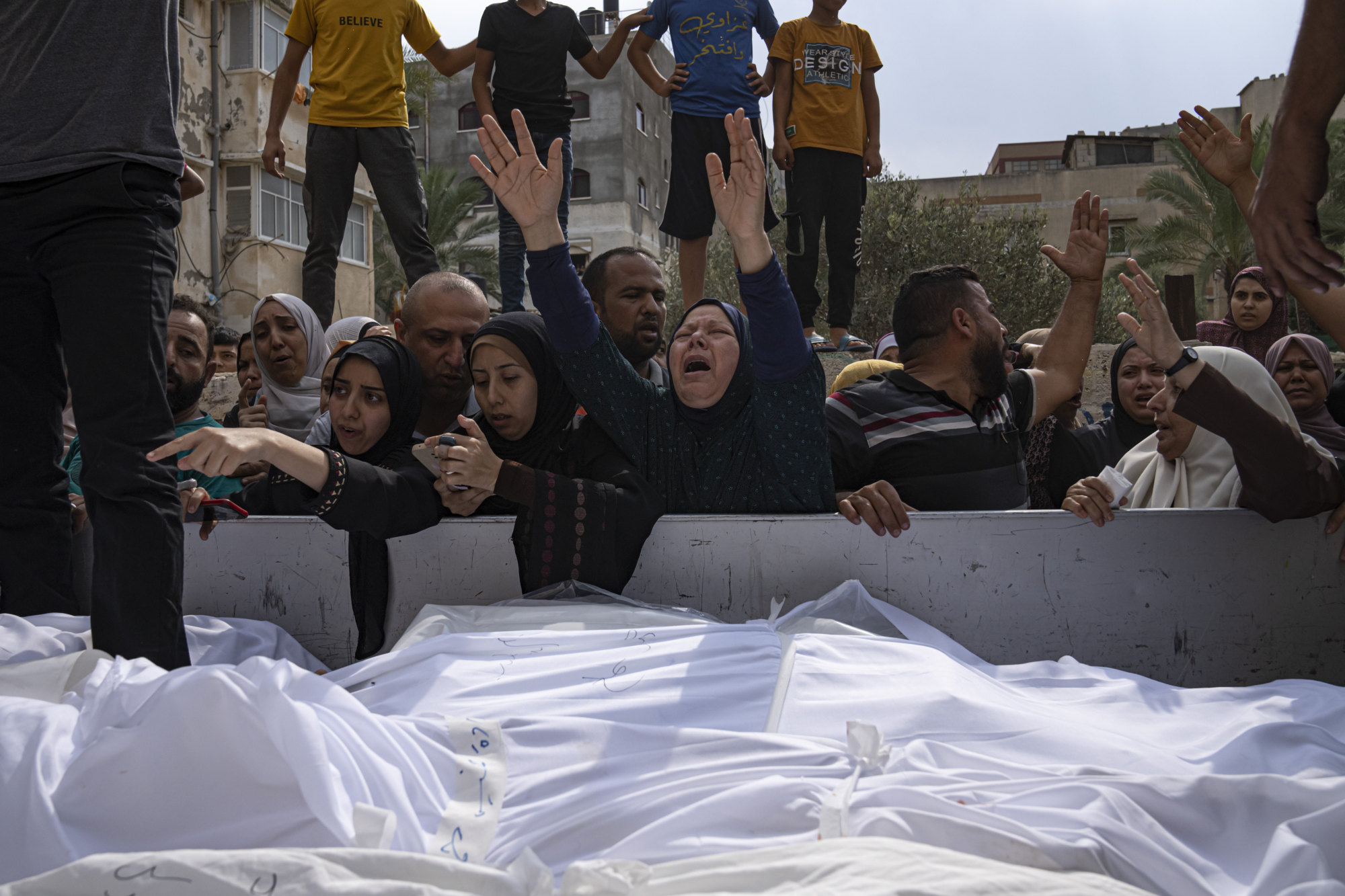
But by Tuesday, a spokesman for Doha’s foreign ministry said it was “too early” to broker an exchange of the hostages for Palestinian women and children held in Israeli custody, adding “I think we need to see developments on the ground” before such mediation can begin.
“I think a lot of violence has yet to occur before much negotiated progress can take place,” William Park, a senior defence-studies lecturer at King’s College London, told This Week in Asia.
“I would guess – and I mean guess – that Hamas would be more likely to use the hostages to influence Israel’s military conduct. Indeed, it is already doing so,” he said.
Room for ‘trustworthy mediators’
Steven Wright, an associate professor of international relations at Hamad Bin Khalifa University in Doha, said a diplomatic breakthrough was highly unlikely until all parties involved “reconsider their core position”.
Negotiations among regional leaders have so far largely focused on preventing the hostilities from conflagrating into a region-wide conflict between US-backed Israel and Hamas’ allies Iran and Hezbollah, according to official statements issued amid the flurry of discussions held since Saturday.
Regional states are “terrified by the potential for this violence to escalate and spill into a wider regional conflict,” said Giorgio Cafiero, CEO of Gulf State Analytics, a Washington-based geopolitical risk consultancy.
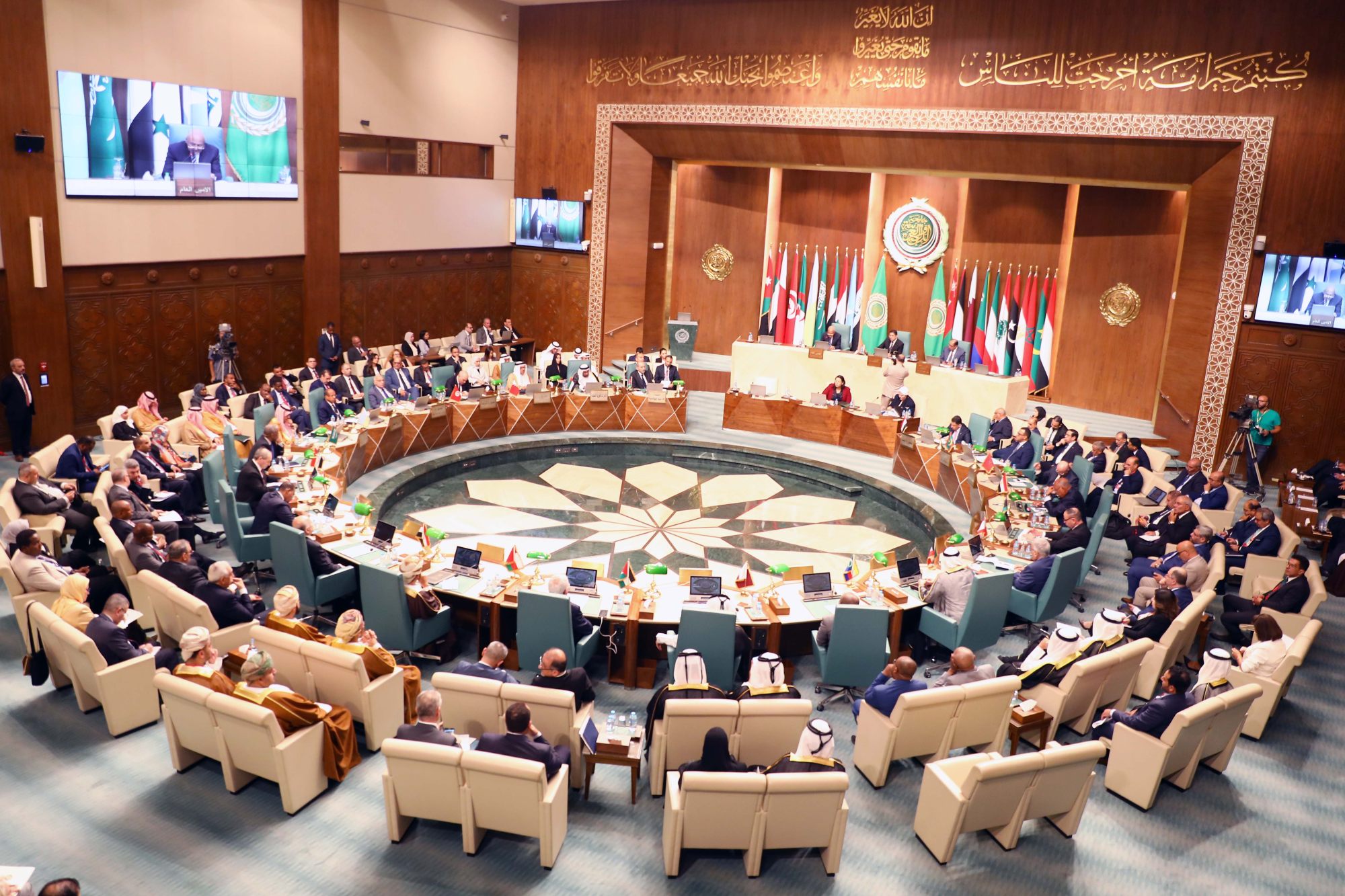
He said the Gulf Arab monarchies were “particularly worried about the risks of this crisis leading to an open and above-the-surface war” between Israel and Iran.
Though regional leaders “will be working hard” to try to coordinate efforts to broker a ceasefire, Cafiero said “it will be necessary” for them to receive more support from the international community at large.
“Unfortunately, it doesn’t appear as though the international community, especially Western countries such as the US, is doing enough to provide such support,” Cafiero said.
‘Situation is unprecedented’: rescuing hostages in Gaza a daunting task
While it blamed Israel for creating the political conditions for war and maintained its support for the Palestinian cause, Riyadh “implicitly distanced itself from the actions of Hamas” by emphasising the need to respect the lives of innocent people, he said.
Al-Ghashian said the wording of official Saudi statements suggested that the kingdom “senses that the Palestinian-Israeli conflict does have spillover potential” and as a result will view it “more through a security lens”.
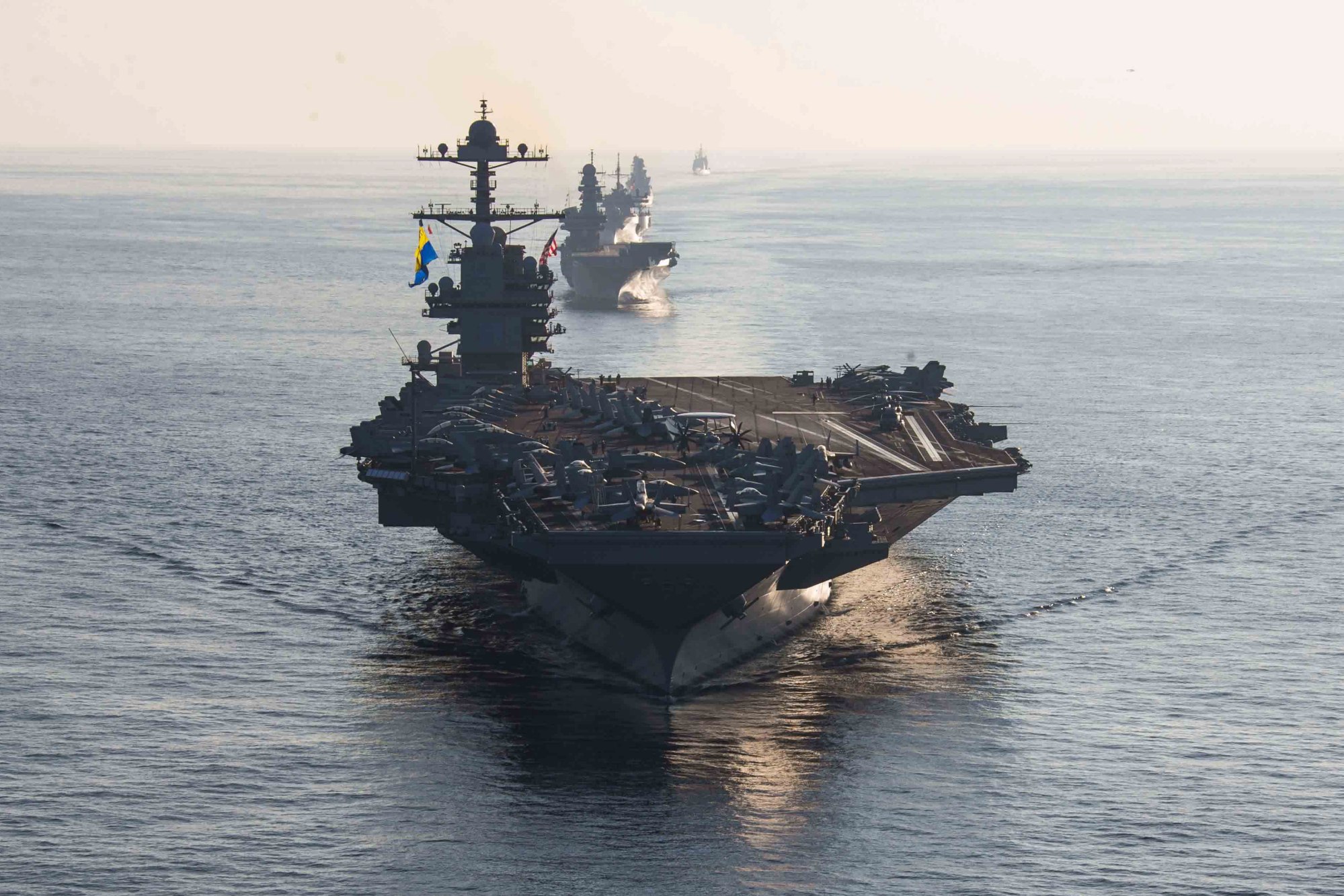
And though there have been reports of cross-border skirmishes, US Joint Chiefs of Staff Chairman General C.Q. Brown told a press conference on Wednesday: “I’m not seeing any indications of additional players that are going to get involved to the detriment of Israel”.
Similarly, Saudi analyst al-Ghashian said Riyadh was not going to “fall for the narrative that this war is instigated by Iran”, despite Hamas’ close ties with the Iranians.
Looming humanitarian crisis
Israel has ignored these overtures, with White House National Security Council spokesman John Kirby saying on Wednesday that Washington was instead “actively discussing” safe passage for Gaza residents to Egypt’s Sinai Peninsula – a sparsely populated region that has been plagued by an Islamist insurgency for over a decade.
Egypt closed its sole border crossing with Gaza on Tuesday after the checkpoint at Rafah was bombed by Israeli warplanes three times in 24 hours, preventing Palestinians from fleeing the violence.
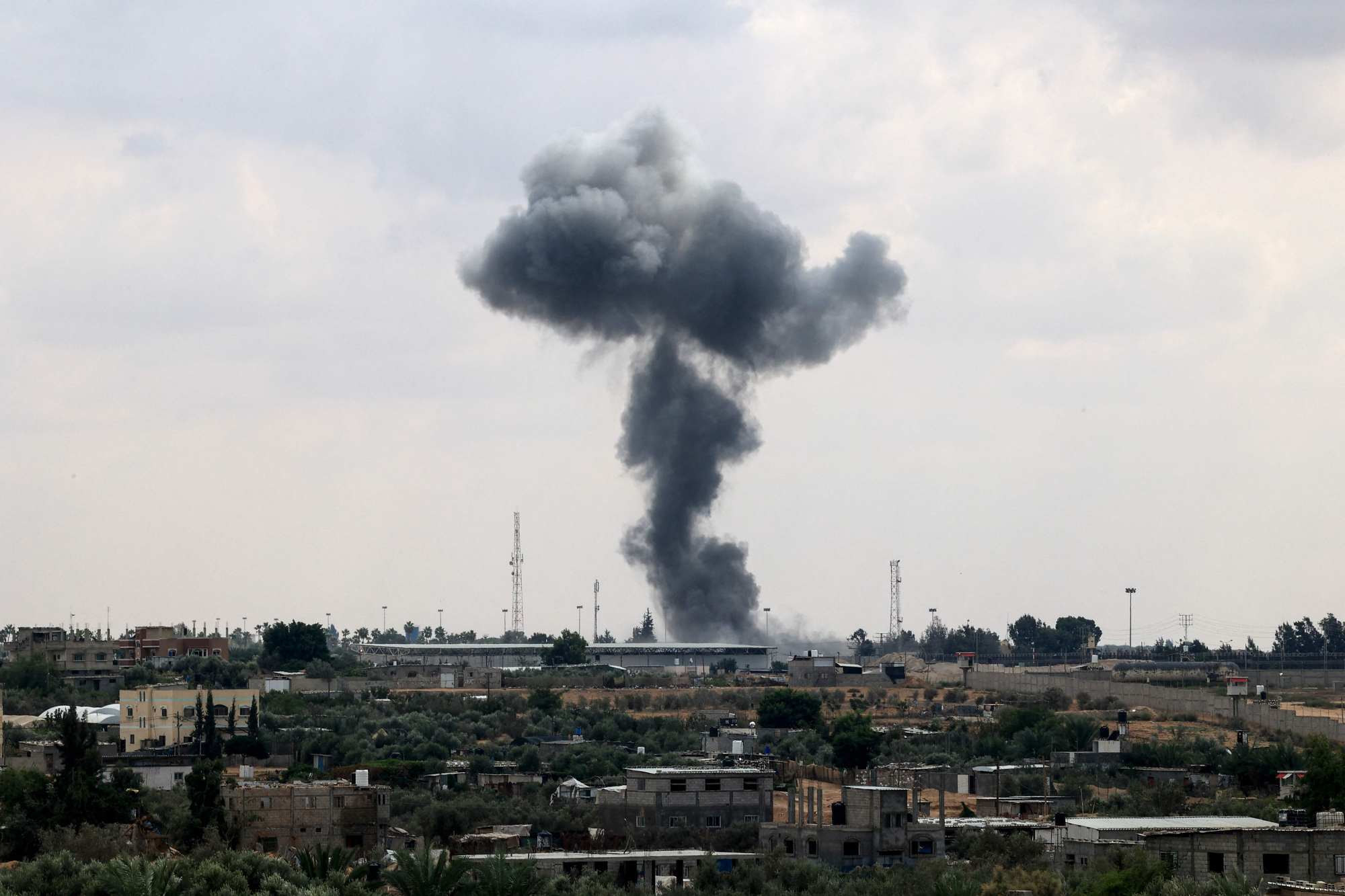
Doha-based professor Wright said Cairo was “wary of becoming burdened with a flood of Gazan refugees” and had urged Israel to provide safe passage elsewhere rather than displacing people towards its territory.
“This underscores Egypt’s precarious role – it could leverage Rafah to facilitate ceasefires and secure hostage releases, but is also cautious about the impact on Sinai”, he said.
Cairo likely wanted to use its intelligence and other ties to help broker a ceasefire “without encouraging a destabilising exodus”, Wright said.
Meanwhile, Nato-member Turkey’s role as a mediator – though strengthened by its close ties with Qatar and long-standing relationships with both Israel and Hamas – is increasingly vulnerable to public opinion.
Gaza’s civilians paying the price as Israel strikes back against Hamas
Turkish President Recep Tayyip Erdogan on Tuesday renewed his offer to help soothe tensions between Israel and the Palestinians, but Park of King’s College London said such a moderate line “might be hard to hold in Ankara should the conflict, and Palestinian suffering, continue and deepen”.
“Most Turks, and most of Erdogan’s own party and government, are very strongly sympathetic to the Palestinians, as is Erdogan himself,” Park said.
Wright also doubted whether Ankara was up to the task of brokering a cessation to hostilities in the conflict.
“I think it more likely that Turkey’s own pro-Palestinian sympathies will be difficult to disguise, and this might lead to a worsening relationship with Israel,” he said.

